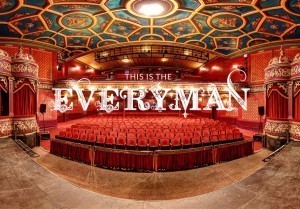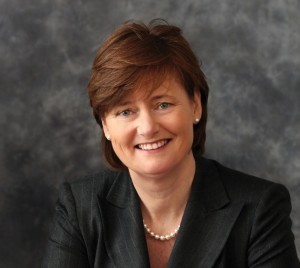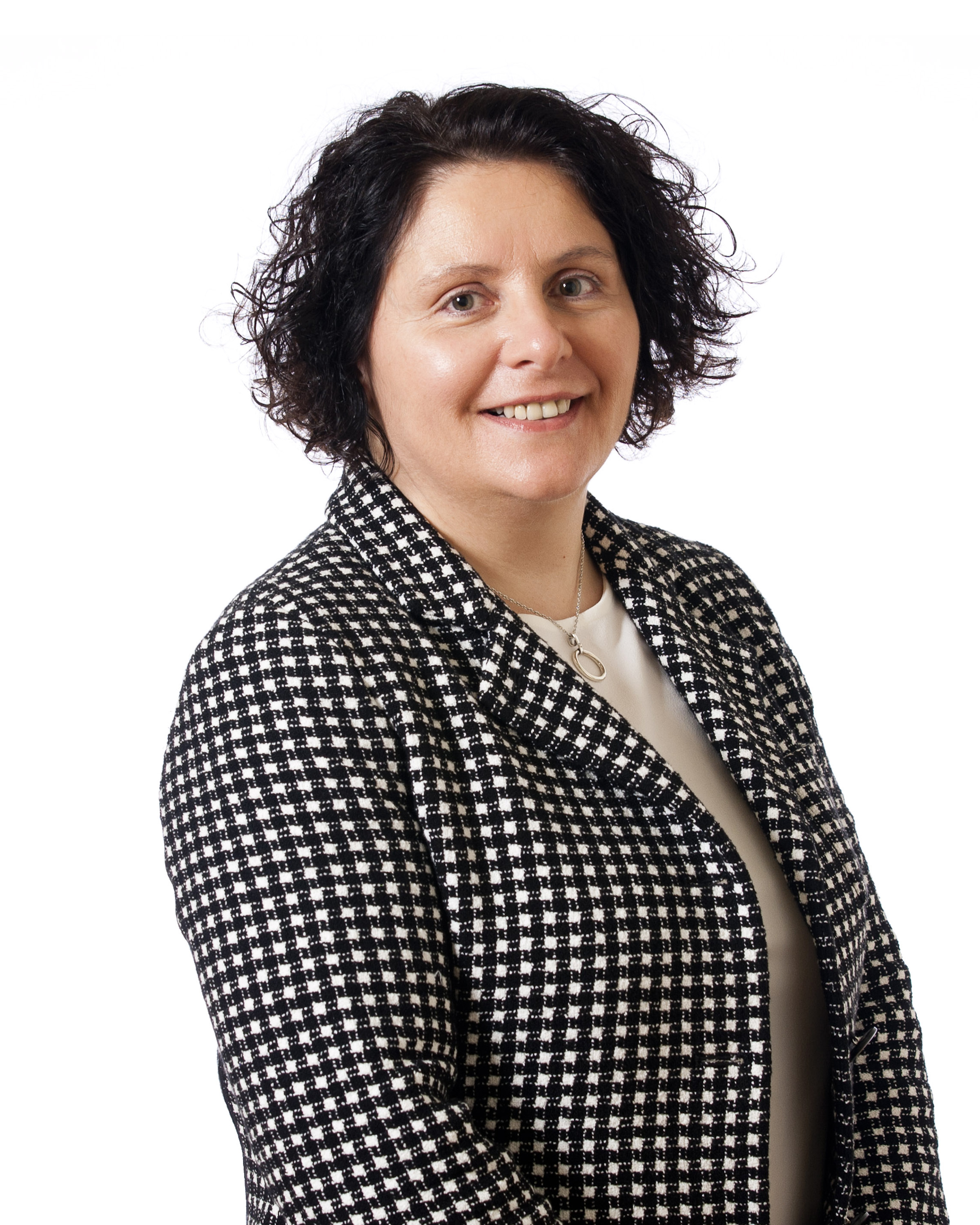17 May 2016
By Elaine Murphy
elaine@TheCork.ie
A partnership in research between the Everyman Theatre and Cork Institute of Technology brought the 2015/2016 academic year to a close for CIT’s Masters of Business Studies students. Valuable ideas and recommendations came to the fore with their impressive ‘Problem Solving’ for local Cork businesses. Under the direction of Dr Angela Wright, Department of Organisation and Professional Development, School of Business, the research was conducted over the last three months. Four groups of Masters Students competed for the top prize which was judged and presented to the Theatre Management: Julie Kelleher, Artistic Director, Melanie Kavanagh, Marketing Manager and Anna Marie Coughlan, Fundraising Manager and CIT academic staff. The winning team were Aengus Daly, Michael Mulcahy, Bobby McAllister and Greg Chlodniki. Extensive research was undertaken for the project which consisted of responses from 1,309 existing patrons through a detailed survey. Exit polls were conducted at the venue with patrons of shows to gather data, along with face to face interviews with staff and volunteers at the Everyman. In 2012, there were 3.4 million attendances to the Arts in Ireland: 397,000 of these were in Munster.
Some of the findings from the research reveal that almost 40% of attendees are over the age of 45 and Friday night was the most popular evening to attend at 67%. Drama was the most popular choice at 71%, and this was followed by live music at 52%. Email was the most popular and preferred way to receive information about the theatre at 94%. The Everyman is a ‘not for profit’ theatre and 66% of their patrons were unaware of this. 79% of patrons like to use the bar in the theatre on the night of a performance. Patrons at the Everyman loved the traditional, historical atmosphere of the 120 year old building. Venues such as the Everyman are invaluable to many of the 130 musical societies throughout the whole of Ireland and the 14,000 people directly involved with musical theatre on a voluntary basis, which currently has an audience base of around 1.2 million. All of those surveyed ‘loved’ the theatre itself, with the program of events being a ‘top priority’ for Everyman attendees. Some felt that improvements could be made to the appearance of the entrance hallway, the shop facilities, and the bar area. Other suggestions included retro uniforms for the volunteers who assist patrons to their seats; ideas for re-animating the exterior of the building such as new lighting and holograms at the entrance; encouraging daytime footfall through using the bar space as a café space by day; and wonderful ideas for transforming the foyer area into a permanent exhibition space that illustrates the fascinating history of the building.
There is no doubt that the Everyman theatre is a well recognised brand and a well respected establishment. Its core strengths are its building, and its people: patrons, staff and volunteers. Ms Kelleher said that “my colleagues at the Everyman, and I, were blown away by the in depth research and analysis carried out by the CIT MBS students. Focusing their efforts on The Everyman’s marketing, fundraising, and programming activities, they delivered lively and coherent presentations of their research methodology and findings. We were particularly struck by the level of detail the groups brought to their task, and by the creativity shown in their proposed ideas. Many of these students come from diverse working backgrounds and it was hugely encouraging to see them engage with the challenges and creative opportunities that exist within the contexts of running a vital and busy performing arts venue. The Everyman is sincerely grateful to the students for their hard work.”
Dr Wright said that the Everyman project proved to be a very successful and valuable opportunity for the Master Students, many of whom would never have had an opportunity in the past to examine a theatre business in any detail. She applauded the incredible effort that was put in by the Students, from inception to delivery. “They certainly delivered extensive, relevant, and practical ideas, for the theatre to implement” said Dr Wright, and she “hoped that some of the findings could be immediately put into action and that all of study would be of on-going benefit to the theatre.”




